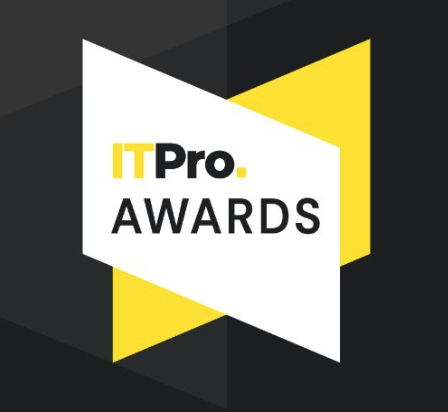How an FBI agent transformed Microsoft security
In time for Infosecurity 2009, IT PRO talks to Edward Gibson, one of the main figures behind Microsoft's computer security in Britain.

Sign up today and you will receive a free copy of our Future Focus 2025 report - the leading guidance on AI, cybersecurity and other IT challenges as per 700+ senior executives
You are now subscribed
Your newsletter sign-up was successful
Edward Gibson, Microsoft's chief security advisor in the UK, is more qualified than most to talk about the computer threats that we face today.
Having held special positions as a FBI Special Agent for 20 years, he was also at one time assigned to the US embassy in London, in charge of the FBI's hi-tech cyber terrorism work in the UK.
Between 2000 and 2005, he was responsible for establishing strategic intelligence alliances between the FBI, UK police agencies, security services and private sector companies.
Gibson helped launch the original national hi-tech crime unit in 2001 and worked with the Crown Prosecution Service in developing standards on how cyber crime could be prosecuted.
Working for Microsoft
It was after that experience that he was headhunted by Microsoft to become their chief security advisor. "I was wary of doing that because I had practiced corporate law for a major company, and it wasn't the highest company on my list to work for," he said.
At the time, Gibson also believed that there were areas which he thought that Microsoft could have be doing better in when it came to security.
Sign up today and you will receive a free copy of our Future Focus 2025 report - the leading guidance on AI, cybersecurity and other IT challenges as per 700+ senior executives
He said: "That was in my very narrow area which was post 9/11 - responding to suspected terrorist incidents, that were using the various services of Microsoft, Yahoo, AOL and other free mail services for example."
He said that although security in the UK had really developed by 2005, Microsoft had no credibility. "I wanted to be convinced that they had the will to make the changes in security that would actually make a difference."
Gibson made two requirements that the company had to agree to before he joined. The first was that he had to interview with senior executives, and the second was that Microsoft needed to comply with the UK Regulation of Investigatory Powers Act (RIPA).
-
 ITPro Excellence Awards winners unveiled
ITPro Excellence Awards winners unveiledIt's time to celebrate excellence in IT. Read on for the full list of winners...
-
 This new mobile compromise toolkit enables spyware, surveillance, and data theft
This new mobile compromise toolkit enables spyware, surveillance, and data theftNews The professional package allows even unsophisticated attackers to take full control of devices